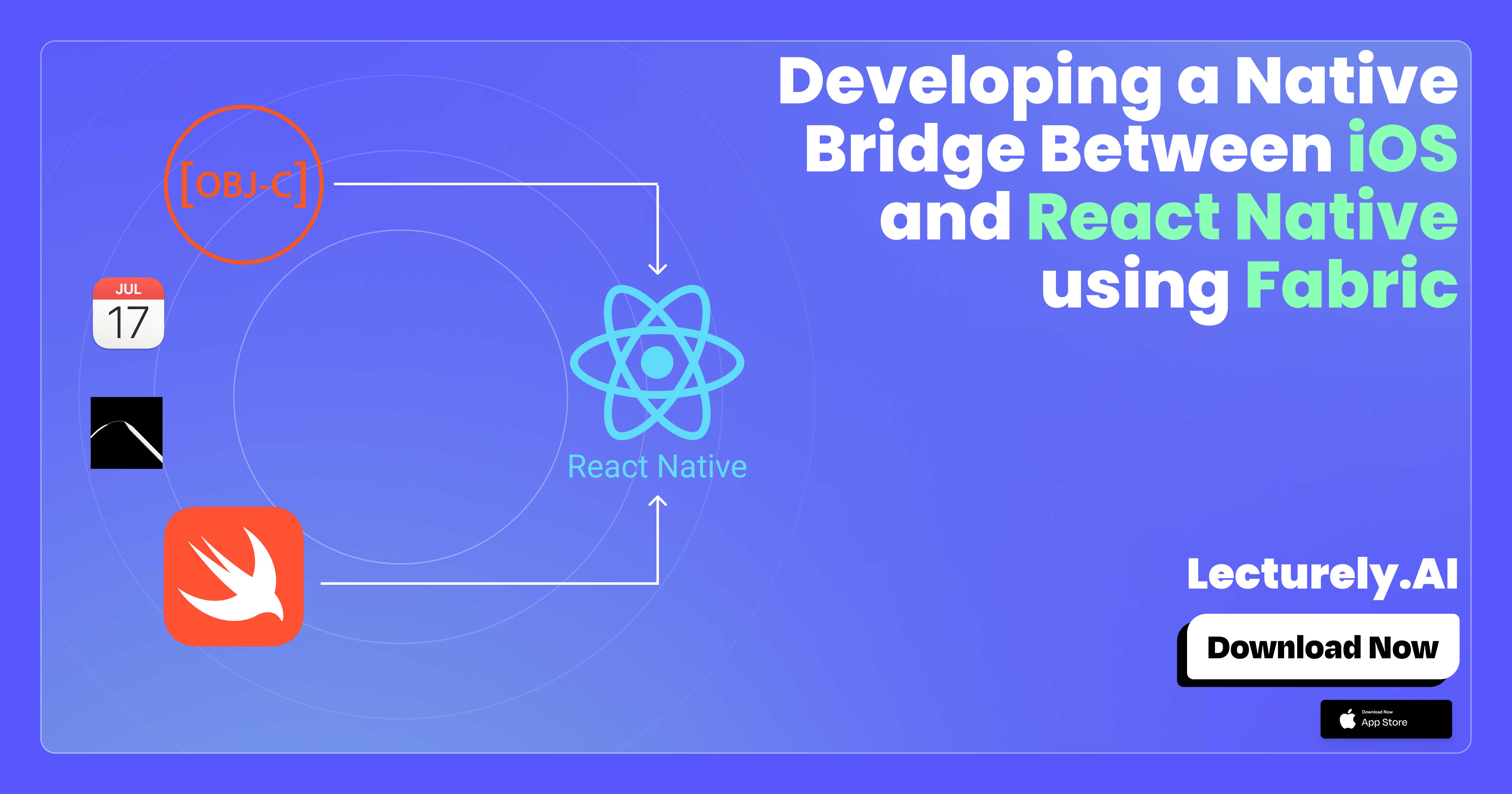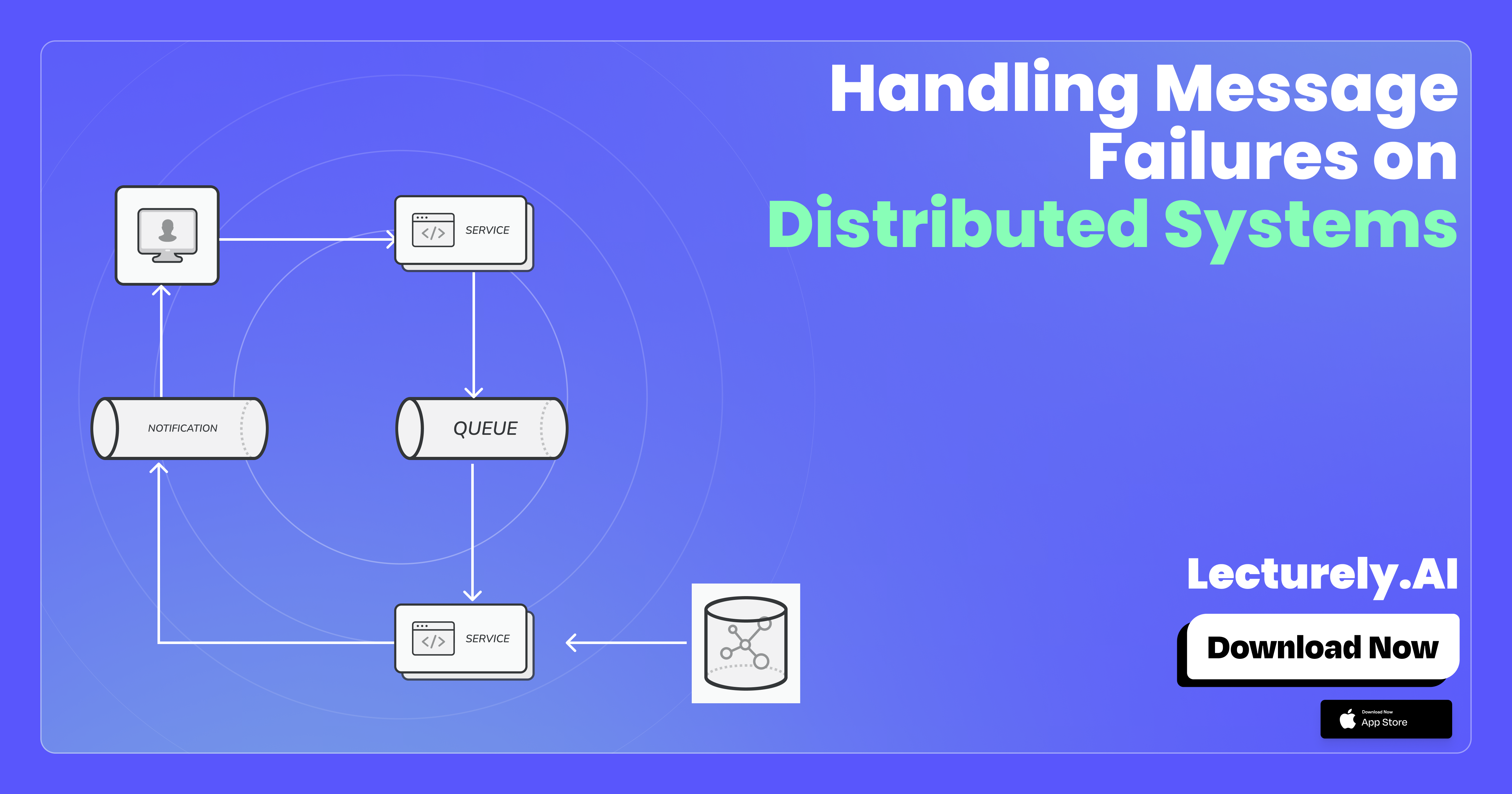Introducing Web and Research Mode, An Industry Leading Academic Researcher



Introducing Web and Research Modes
Welcome to our comprehensive guide on Lecturely's Research Feature—a groundbreaking tool that transforms the way you discover, analyze, and synthesize information. Whether you’re an aspiring PhD student seeking fresh insights for your dissertation or someone who simply wants a more intelligent web search experience, Lecturely’s Research Feature has you covered.
Academic Research AI is quickly becoming an essential resource for students and professionals. Lecturely leverages this power to bring you the best in Deep Research, bridging the gap between everyday queries and advanced academic tasks. If you're looking for an AI to write a review paper or seeking a specialized solution in Research AI, Lecturely has you covered.
Table of Contents
- What is Lecturely’s Research Feature?
- Why Choose Lecturely Over Traditional Tools?
- Understanding the Modes: Web Search & Deep Research
- How Lecturely Research Works
- Benefits of Transparent Sourcing & Academic Rigor
- Use Cases & Example Scenarios
- Sample Prompts & Tips for Effective Research
- Frequently Asked Questions (FAQ)
- Getting Started & Next Steps
1. What is Lecturely’s Research Feature?
Lecturely’s Research Feature is a powerful AI-driven module designed to streamline the entire research process:
- From: Gathering information, combing through online databases, and curating scholarly articles
- To: Providing structured analyses, comparisons, and comprehensive summaries
It’s not just another search engine; it’s an intelligent Academic AI research assistant that helps you:
- Brainstorm research ideas
- Perform literature reviews
- Explore the latest academic findings
Lecturely's Research Mode is Industry Leading
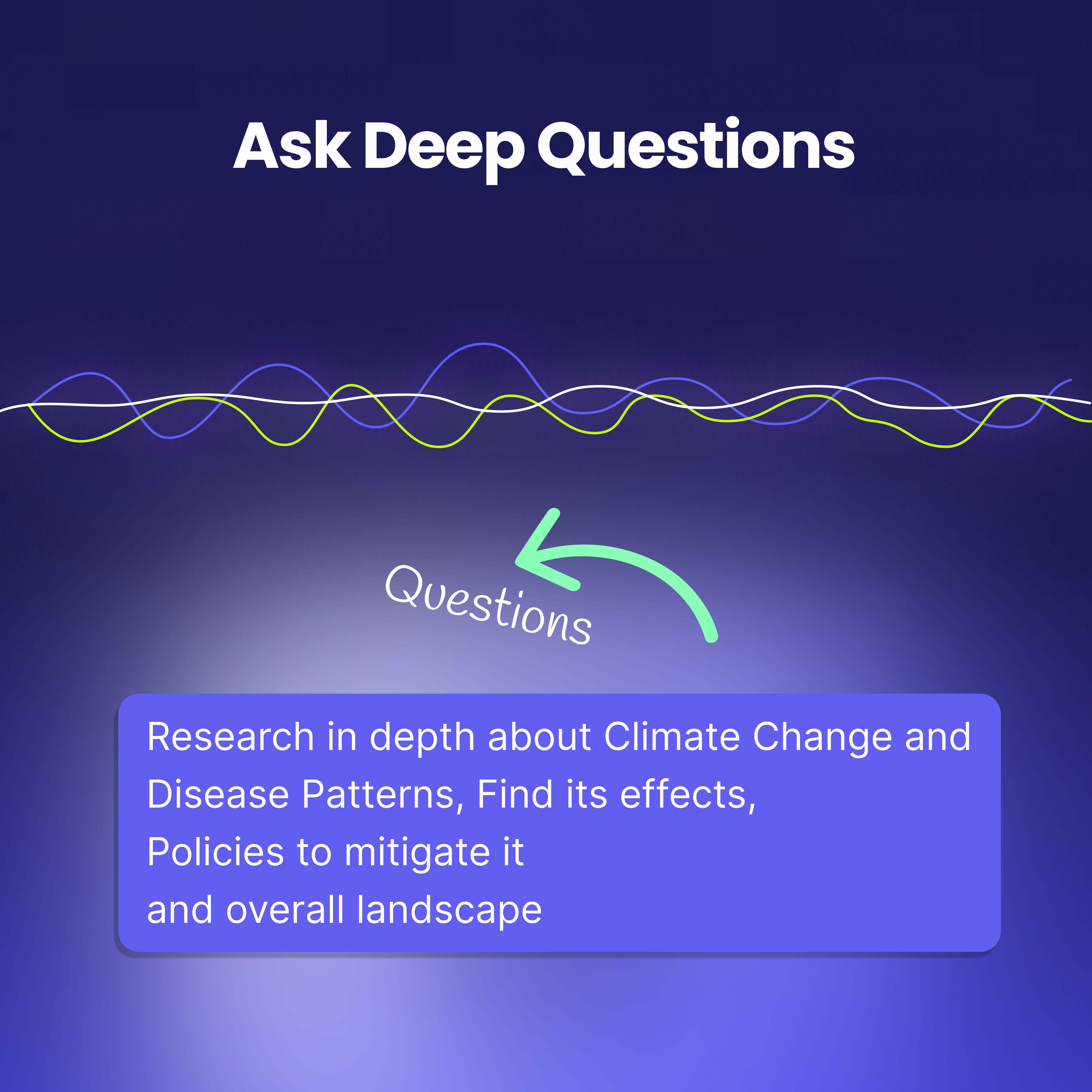
A Note on Our Vision
Lecturely stands for democratizing access to high-level academic tools. We believe everyone—from undergraduates to research professionals—should benefit from advanced research capabilities without wading through an endless maze of paywalls, technical jargon, or spammy results.
2. Why Choose Lecturely Over Traditional Tools?
2.1 Efficiency & Depth
While conventional search engines provide broad results, Lecturely Research takes it a step further with domain-specific analysis and deeper synthesis. Instead of reading through hundreds of links, you can get a concise yet comprehensive overview of key findings, controversies, and emerging trends.
2.2 Academic Rigor
Many existing platforms focus on general web content. Lecturely is academic-focused. We prioritize peer-reviewed journals, credible sources, and transparent citations, so you know exactly where each piece of data comes from. Lecturely's Research Mode doesn’t just give you the answer but explains step by step how it got there. It is the best Academic AI for deep research.
2.3 Structured Workflow
Lecturely’s interface guides you through every step of your research, from brainstorming topics to final write-ups. This structured approach helps you remain organized and ensures no critical detail slips through the cracks. It’s like tracing the thought process of a great academician.
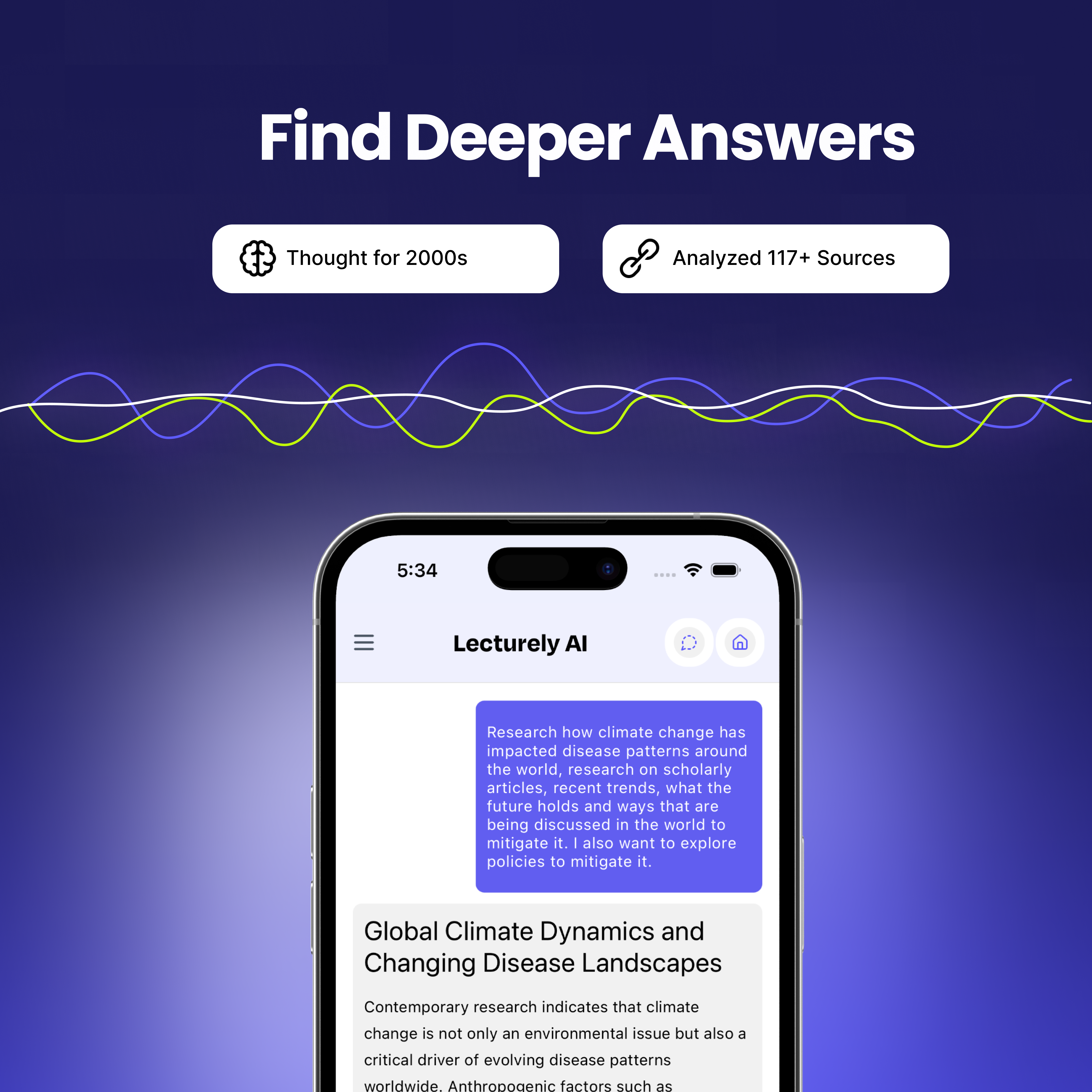
3. Understanding the Modes: Web Search & Deep Research
3.1 Web Search Mode
Ideal for quick explorations and broad overviews of a topic. This mode scours reliable online sources—be they respected news outlets, official organizational websites, or summary articles—giving you a fast, general understanding of your research area.
Key Features of Web Search Mode:
- Lightweight scanning for immediate answers
- Concise summaries, highlighting key points
- Perfect for initial fact-finding or brainstorming
3.2 Deep Research Mode (Levels 2, 3 & 4)
When you need more than a surface-level summary, Deep Research Mode goes into intensive analysis by mining academic databases, specialized journals, conference papers, and more. Depending on the level you choose, the depth and breadth of research vary:
- Basic: Mid-depth research, analyzing around 15 sources
- Advanced: Comprehensive reviews, analyzing 30+ sources
- Nuts Mode: Exhaustive coverage, analyzing 70–100+ sources
Deep Research Mode is transparent about how it synthesizes all this data, showing you the chain of thought, references, and even how it compares conflicting viewpoints.
4. How Lecturely Research Works
- User Prompt: You start by asking Lecturely a specific question or stating a research goal (e.g., "Perform a literature review on the impacts of climate change on agriculture.").
- Source Selection: Lecturely identifies relevant scholarly databases, online repositories, journals, and reputable websites.
- Analysis:
- Web Search Mode: Quickly summarizes top sources and relevant findings.
- Deep Research Mode: Dives into detailed academic papers, analyzing methodologies, results, limitations, and future directions.
- Synthesis & Reporting: The final output organizes insights into a coherent structure, including references, conclusions, and any major debates in the field.
- Transparency: Throughout the process, Lecturely provides citations and shows its reasoning
steps, allowing you to track how it reached each conclusion.

5. Benefits of Transparent Sourcing & Academic Rigor
5.1 Credibility & Trust
When an AI simply gives you an answer without revealing how it got there, you’re left to trust its internal logic. Lecturely, on the other hand, offers a transparent thought process and the exact references used. This promotes trust in the results, especially important in an academic setting where verification matters.
5.2 Avoiding Plagiarism
Knowing the origin of data, quotes, or entire arguments is crucial for maintaining academic integrity. Lecturely cites sources in a manner that helps you properly attribute any borrowed information, thus minimizing the risk of unintentional plagiarism.
5.3 Accelerated Learning
Seeing how Lecturely connects concepts and weighs evidence can provide educational value. You’re not just receiving an answer; you’re learning how to research more effectively yourself.
6. Use Cases & Example Scenarios
-
Literature Review for a Thesis
A PhD student working on a dissertation about renewable energy strategies can use Level 3 Deep Research to collect, compare, and summarize the latest studies, saving weeks of manual reading and annotation. -
White Paper Creation
A company wanting to create a white paper on blockchain solutions can employ Level 2 Deep Research to gather credible data points from recent case studies, academic papers, and industry analyses. -
Journal Article Comparison
Need to compare methodologies across different papers? Let Lecturely present a side-by-side evaluation, highlighting strengths, limitations, and points of agreement or contention. -
Current Trends & Industry Reports
For those in fast-evolving fields—like AI or biotech—Web Search Mode (Level 1) can provide quick snapshots of ongoing advancements, news, and emerging patents. -
Academic Debate Preparation
If you’re preparing for a debate or a roundtable discussion, Lecturely can gather pro and con arguments from reputable sources, ensuring a well-rounded perspective.
7. Sample Prompts & Tips for Effective Research
7.1 Sample Prompts
-
Give me a comprehensive literature review on the effects of remote work on employee productivity, focusing on peer-reviewed studies from 2018 to present. -
What are the latest advancements in CRISPR gene editing techniques, including ethical considerations? -
Analyze top clinical trials on Alzheimer’s medication in the past five years and summarize their efficacy results. -
Find credible sources and summarize the debate around AI ethics and bias in machine learning applications.
7.2 Tips for Best Results
- Be Specific: The more details you include (time frames, specific journals, etc.), the more targeted the output.
- Iterative Approach: Start with a broad question, get an overview, then refine your query to dive deeper into specifics.
- Check the References: If a reference looks intriguing, follow the link or citation to read the full study.
- Use Custom Notes: Jot down interesting points or quotes directly in Lecturely’s interface for easy retrieval later.
8. Frequently Asked Questions (FAQ)
Q1: Is Lecturely Research a replacement for human researchers or librarians?
A: Not exactly. Lecturely Research is a tool designed to augment your efforts, helping you rapidly gather and organize information. It can’t replace the critical thinking or expertise a human brings, but it definitely makes your workload lighter and more efficient.
Q2: How does Lecturely handle paywalled journals?
A: Lecturely accesses publicly available meta-data and abstracts where possible. While it can’t bypass paywalls illegally, it helps you identify key articles so you can decide whether to invest in full-text access or request an interlibrary loan.
Q3: Can I see how Lecturely arrived at each conclusion?
A: Absolutely! One of Lecturely’s core principles is transparent research methodology. You’ll see a structured breakdown of steps, references, and even summarizations for each source.
Q4: How frequently is the database updated?
A: Lecturely’s backend processes updates regularly, pulling the latest academic publications, conference proceedings, and relevant high-quality web sources so you always have the most current information.
9. Getting Started & Next Steps
- Sign Up / Login: If you’re new to Lecturely, create a free account to explore our basic features.
- Explore Web Search Mode: Try a few queries to see how Lecturely aggregates and summarizes web sources.
- Upgrade for Deeper Research: If you’re tackling serious academic or professional projects, consider upgrading to access the Nuts Mode for in-depth analysis.
- Save & Share Findings: Make use of Lecturely’s built-in functionality to store references, notes, and entire research sessions, so you can revisit them anytime.
Looking Forward
We at Lecturely are constantly refining and expanding our Research Feature. Expect improvements, more supported databases, and better summarization algorithms in the future. We’re committed to making research accessible, transparent, and engaging for everyone.
Closing Thoughts
In an era of information overload, having a reliable, academically-focused tool like Lecturely Research can be a game-changer. Whether you’re writing a dissertation, preparing a white paper, or simply curious about a trending topic, Lecturely equips you with credible, thorough, and well-organized information that empowers you to draw meaningful conclusions with confidence.
We’re thrilled to have you on board and can’t wait to see how Lecturely Research shapes your academic and professional journey. If you have any feedback or success stories, feel free to share them with us!
Happy Researching with Lecturely!
#Lecturely #ResearchFeature #AcademicResearch #LiteratureReview #DeepResearch #AI #WebSearch #EdTech #PhDStudies #KnowledgeEmpowerment #AcademicResearchAI #ResearchAI #AItoWriteReviewPaper #AcademicAI #Academia #Research #AIResearcher
